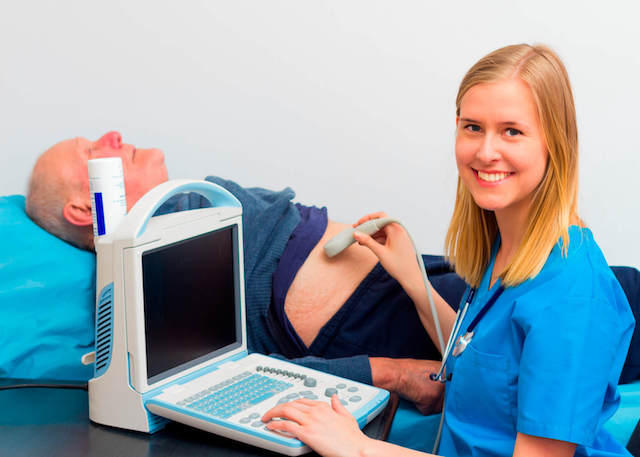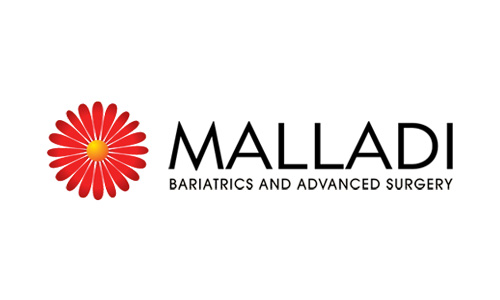Abdominal Wall Hernias: What You Should Know
An abdominal wall hernia, also known as a ventral hernia, is a small tear in the abdominal muscle wall. This small hole may allow a bit of the interior abdominal lining to poke through, along with the sections of intestine in some cases. Fortunately, many cases are mild, causing only minor discomfort.
Common Causes of Abdominal Wall Hernias
Some abdominal wall hernias are present from birth. Most often they develop later in life, particularly among older people. Some of the most common causes include:
- Heavy lifting
- Persistent or chronic coughing
- Straining during bowel movements
- Injuries to the abdominal wall
- Surgery, particularly if the site becomes infected
In addition to these external causes, old age, obesity, and genetics may increase the risk of developing this condition.
Symptoms of Ventral Hernias
Often, an abdominal hernia will manifest as a bulge at the site where the muscle wall has opened up. You may also notice some pain or discomfort, especially when straining muscles in the area, lifting, etc.
In more serious cases, the protrusion of tissues through the muscle wall will cut off or compromise their blood supply. Known as a strangulated hernia, this condition causes intense pain and requires immediate medical care.
Abdominal Hernia Repair
Abdominal hernias can only be completely repaired by surgery. Fortunately, this can be accomplished with a minimally invasive process called a laparoscopy. This method uses a small camera connected to a tube that allows the surgeon to view the surgical area. With only a few small incisions, the hole in your abdominal wall can be fixed.
Sometimes, laparoscopic abdominal hernia repair isn’t possible, particularly for patients who are obese or who have had previous abdominal surgery. In those cases, an open repair is necessary.
After surgery—and recovery—you should be pain free. On top of that, laparoscopic surgery involves a comparatively brief recovery period with minimal discomfort.
Preventing Ventral Hernias in the Future
After surgery, you’ll want to prevent reopening your hernia in the future. Some ways you can do this include:
- Performing certain exercises (aside from heavy lifting) to strengthen your abdomen.
- Maintaining a healthy weight.
- Using safe lifting practices.
- Consuming enough fiber to prevent constipation.
- Quitting smoking.
- Following all recovery instructions after surgery.
In cases where you are genetically predisposed to abdominal hernias, it may not be possible to completely reduce all risk. The preventive measures recommended above are good general health guidelines for anyone to follow and they may lower your chances of developing a hernia in the future.
If you are experiencing symptoms of or have been diagnosed with an abdominal hernia, a trusted surgeon can help you. For more information, contact Dr. Malladi Bariatrics & Advanced Surgery to see if laparoscopic abdominal hernia repair is right for you.







